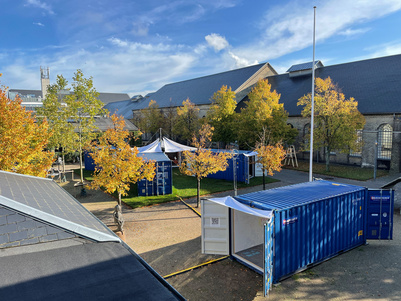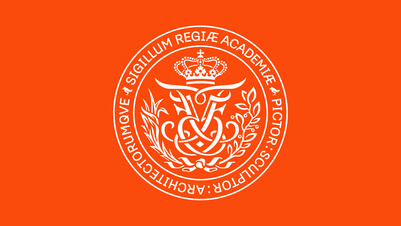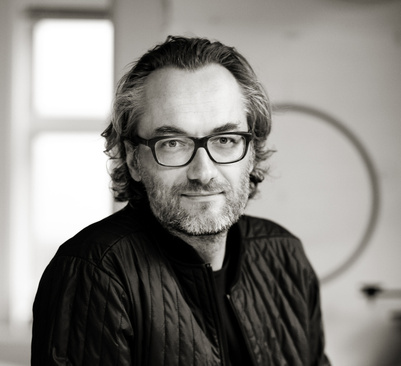Minister: The Focus on Circular Economy is Necessary - and Good Business
The Minister for Business, Industry and Financial Affairs, Brian Mikkelsen was impressed by the KADK circular economy exhibition and gives the Schools full marks for being at the forefront of development.
“It is fantastic that they are focusing on circular economy here at the School. It is the future. For environmental reasons and for economic reasons, and because the entire world is concerned about how to make better use of resources. So that puts the School at the forefront when it comes to development. Full marks to them!”
Such was the opinion of the Minister for Business, Industry and Financial Affairs, Brian Mikkelsen (C) following a visit to KADK’s exhibition, Circular Economy in Architecture and Design. The exhibition features a total of 14 ideas about how architecture and design can contribute to the major conversion with new forms of manufacturing, products and building strategies that draw on principles of recycling and recirculation, and the development of new sustainable materials.

Circular Economy is Good Business
In the opinion of Brian Mikkelsen, not only is it necessary to focus on circular economics, it is also good business. He is delighted about the commercial potential the projects in the exhibition also have, and how they can support Denmark’s ambition of becoming one of the leading nations in the world when it comes to developing circular solutions and technologies.
“The projects I was shown at the exhibition are exciting, because they attempt to tackle very specific issues, and because they assume an ethical standpoint on matters, which society needs to make up its mind about. But, as Minister for Business, I think it is also important that it is financially viable. That it has business potential. And it seems that many of the architecture and design projects have that potential.”
Innovation is the Way Forward
Brian Mikkelsen was particularly struck by a project that is based on the paradox that China - even though its borders are threatened by the expanding desert - is the country in the world that imports the most sand for the construction of concrete buildings. The project investigated how to process the abundance of sand in China’s Gobi Desert and use it as a sustainable alternative to the environmentally intensive imported sand.
“Thinking is such an innovative way is really thrilling,” says the Minister for Business, emphasising the designers’ and architects’ innovative competencies and capacity to innovate as important factors for developing new circular strategies and solutions.
“We know that the world’s resources are scarce, and that we also need to think innovatively, if we are to develop new solutions and business models. I believe that some of the things I was shown today and some of the things the School is working on can help equip the architects and designers of tomorrow to think not only commercially but also sustainably. Not only the projects, but also the way the teaching is prioritising the issues, are the way forward, in my opinion.”
The focus on circular economics is a natural outcome of the fact that in 2016 KADK chose to devote three academic years to working on the UN’s global goals for more sustainable development.






